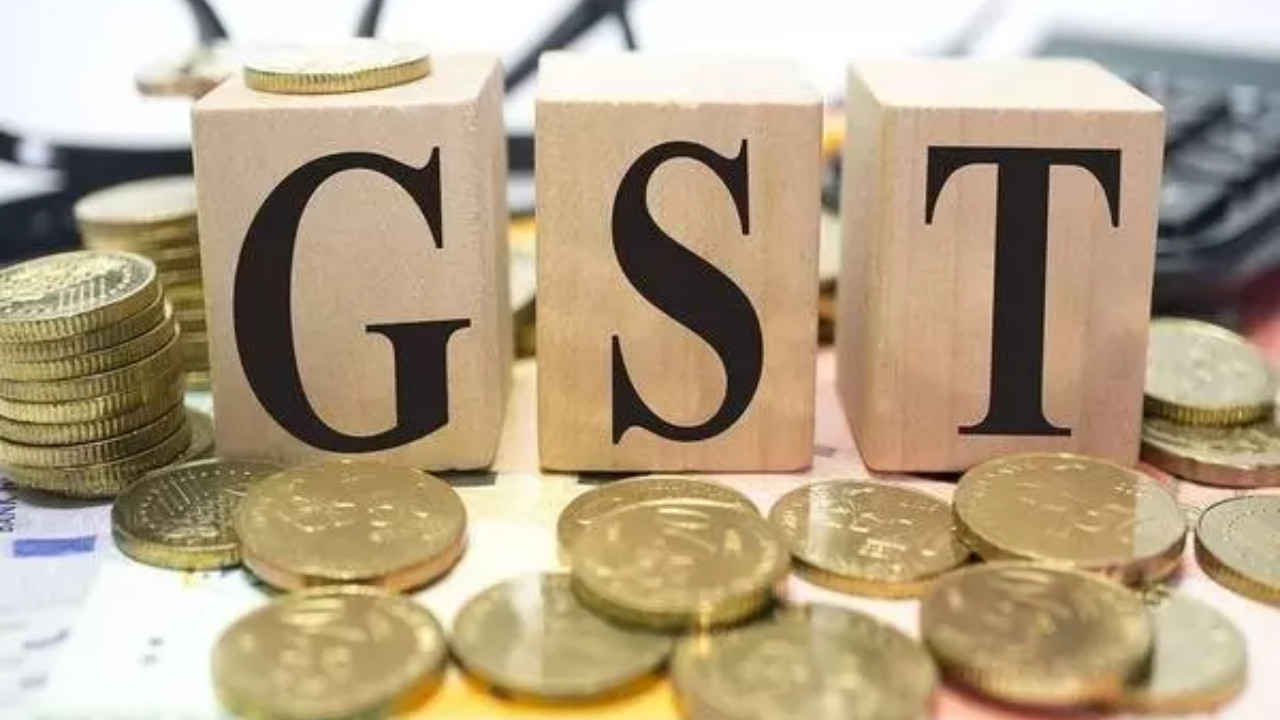Indian textile exporters, facing setbacks from steep US tariffs, may find relief in rising exports to the UK under the new FTA. Ongoing EU negotiations could further diversify trade avenues. While a decline in textile exports is expected, government support and growth in cotton yarn exports may mitigate losses, making the India-UK FTA a potential game changer.
Stitching a New Future: How the India-UK FTA Could Reshape Textile Exports
For India’s textile sector, navigating the global marketplace has always been a complex dance. Recent headwinds in the US market have presented challenges, but a potential game-changer is on the horizon: the India-UK Free Trade Agreement (FTA). This isn’t just a trade deal; it could be a carefully threaded strategy to realign India’s export focus and bolster its standing in the global textile arena.
The US has long been a dominant player in India’s textile export story. However, a confluence of factors, from shifting consumer preferences to increased competition from other textile-producing nations, has created some turbulence. This is where the India-UK FTA steps in, offering a promising counterweight and a chance to diversify and strengthen export destinations.
Weaving Opportunities with the India-UK FTA
What makes this FTA so significant? It’s primarily about access and reduced tariffs. The agreement aims to eliminate or significantly reduce tariffs on a wide range of goods traded between the two countries. For the Indian textile industry, this translates to a level playing field, allowing its products to compete more effectively with those from countries that already enjoy preferential access to the UK market. Imagine Indian manufacturers, previously facing tariffs that chipped away at their profit margins, now able to offer more competitive pricing, instantly boosting their appeal to UK buyers.

The potential impact extends beyond just cost competitiveness. The UK market, known for its discerning consumers and appreciation for quality and design, offers Indian textile manufacturers a chance to showcase their innovation and craftsmanship. From high-end fashion fabrics to sustainable and ethically produced textiles, the FTA opens doors to cater to a diverse range of demands. Think of collaborations between Indian artisans and British designers, creating unique collections that blend tradition with contemporary trends.
Realignment on the Horizon: Shifting Export Strategies
The FTA isn’t just about replacing lost ground; it’s about strategically realigning export strategies. While the US market will likely remain important, the UK offers a fresh avenue for growth and diversification. This realignment could involve several key shifts:
* Focusing on value-added products: The UK market appreciates quality and innovation. Indian manufacturers can capitalize on this by focusing on producing higher-value textile products, such as specialized fabrics, finished garments, and home textiles with unique designs and sustainable materials.
* Strengthening supply chains: The FTA can encourage greater collaboration between Indian and UK businesses, leading to more efficient and resilient supply chains. This could involve partnerships in areas like sourcing raw materials, manufacturing processes, and distribution networks.
* Embracing sustainability: Increasingly, consumers are demanding ethically and sustainably produced goods. Indian textile manufacturers who prioritize sustainable practices, such as using organic cotton, reducing water consumption, and ensuring fair labor practices, will be well-positioned to succeed in the UK market. Check out our other article on [Sustainable Textile Manufacturing in India](related-article-url-here).
Challenges and the Path Forward
Of course, the path to export success isn’t without its challenges. Indian textile manufacturers need to adapt to the specific requirements of the UK market, including quality standards, labeling regulations, and consumer preferences. They also need to invest in upgrading their technology and infrastructure to remain competitive. Further, the industry must ensure that it complies with Environmental, Social, and Governance (ESG) standards, a growing consideration for businesses and consumers alike.
The India-UK FTA presents a significant opportunity for the Indian textile industry to not only offset recent losses but also to chart a course for long-term growth and success. By focusing on value-added products, strengthening supply chains, and embracing sustainability, Indian manufacturers can weave a brighter future in the global textile landscape.
A Future Woven with Promise
The India-UK FTA is more than just a trade agreement; it’s a potential catalyst for transformation in the Indian textile sector. By embracing the opportunities it presents and addressing the challenges head-on, the industry can reposition itself as a global leader in textile manufacturing, contributing significantly to India’s economic growth and solidifying its position in the international market. The threads of this agreement are being carefully woven, and the resulting fabric promises to be one of strength, resilience, and enduring value.







